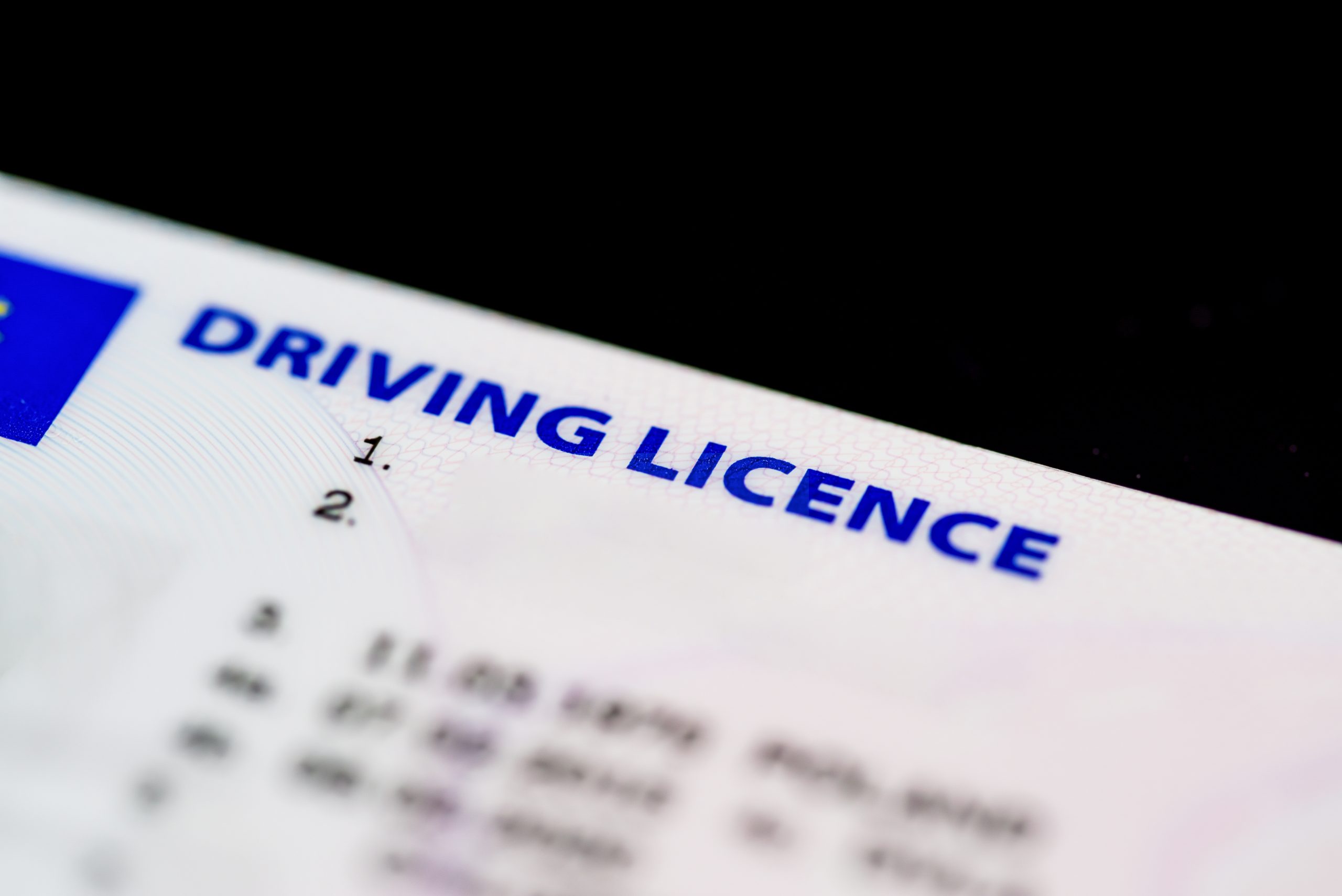EU institutions have made considerable progress with revision of the Driving Licence Directive. However, the European Parliament and Councill will be able to continue negotiations only after European elections, which will take place between 6 and 9 June 2024. During its February Plenary Session Members of the European Parliament have adopted their negotiating mandate. Council did it already in December 2023.
European Commission came up with legislative proposal in March 2023, as part of its Road Safety Package. The aim of the revision of the Driving Licence Directive was to improve safety on EU roads, as in 2022 more than 20 000 lives were lost due to road accidents.
What may change?
- Minimum drivers’ age
Nowadays one of the biggest challenges, that the road transport operators are facing is drivers’ shortage. This is why EU transport operators have been advocating for changes in the minimum age for professional drivers.
Political discussions were not easy, however the European Parliament has agreed to “allow 18-year-olds to obtain a licence to drive a truck or a bus with up to 16 passengers, provided they hold a certificate of professional competence”. In case of large bus drivers and coach driver the default minimum age has been set at 21, provided they have full training. “In addition, 17-year-olds should also be eligible for a driving licence for cars or trucks if accompanied by an experienced driver”.
Member States have also supported the same age limits for accompanied drivers- this shall make it easier to negotiate and reach an agreement. Member States have adopted a stricter approach. They have proposed to keep 21 years threshold for category C, CE, D1 and ED1 as well as 24 years threshold for category D and DE. By way of derogation professional drivers holding CPC may have lower age limits according to CPC regulation.
In order to further mitigate drivers’ shortage and facilitate migration of drivers from abroad, MEPs proposed to facilitate recognition of their certificates of professional competence (CPC) in addition to the recognition of their driving licence. Unfortunately, this is not part of the negotiating mandate of the Council, so further efforts would be needed to convince Member States that this is a much needed solution.
- Drivers’ tests and fitness to drive
EU policy makers do believe, that in order to improve safety on European roads, we do need to adapt drivers’ tests to current challenges. This is why MEPs have proposed, that “driving in snow and slippery conditions, safe phone use while driving, blind spots, driver-assistance systems and ensuring it is safe to open the vehicle doors should also be part of driver’s tests to get a licence”.
MEPs have also agreed, that driving licences should be valid for at least 15 years for motorcycles and cars, and five years for trucks and buses. In addition, “inexperienced drivers would have to undergo a probationary driving period of at least two years during which they would be subject to certain restrictions, such as stricter alcohol limits while driving and stricter penalties for unsafe driving”.
According to the Parliament and to the Council, drivers should assess their own fitness to drive when a driving licence is being issued and renewed. However Member States should have freedom to replace the self-assessment system by a medical examination with a minimum set of checks on drivers’ eyesight and cardiovascular conditions amongst others. More emphasis should be also put on mental health issues.
- Digitalisation
Both, the European Parliament and Member States, supported the introduction of a digital driving licence. Such a document would be available via mobile phones and would be equal to the physical driving licence.
What’s next?
European Parliament and Council may now enter into negotiations. However, they will do this probably after European Parliament elections on 6-9 June 2024.















